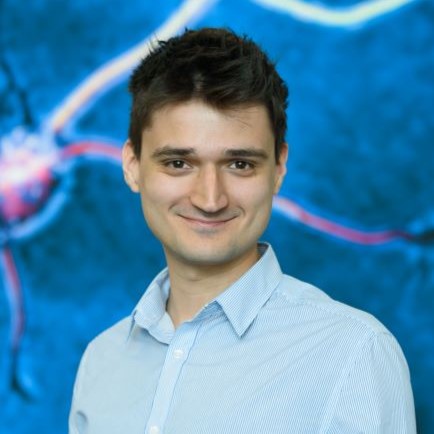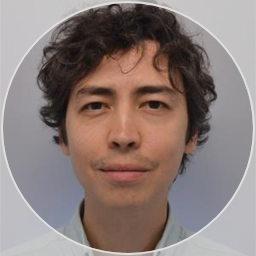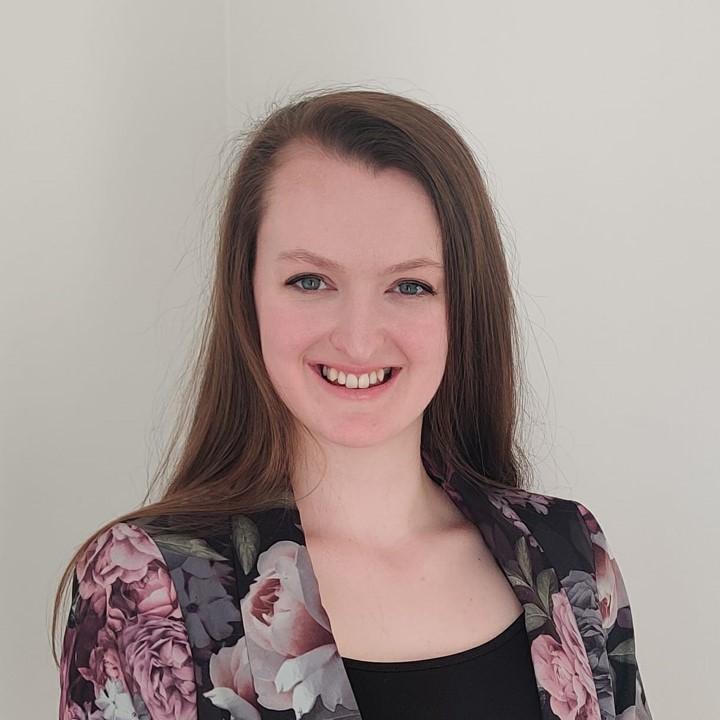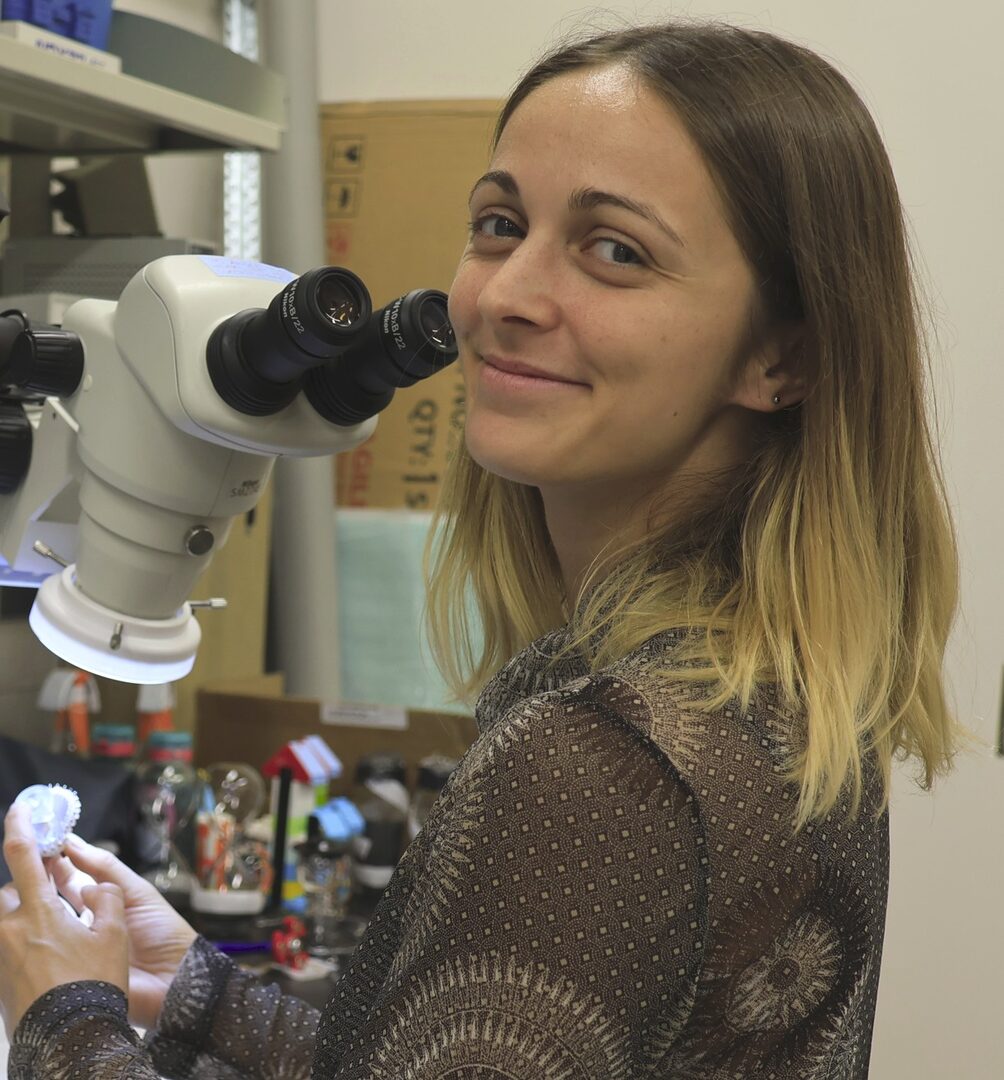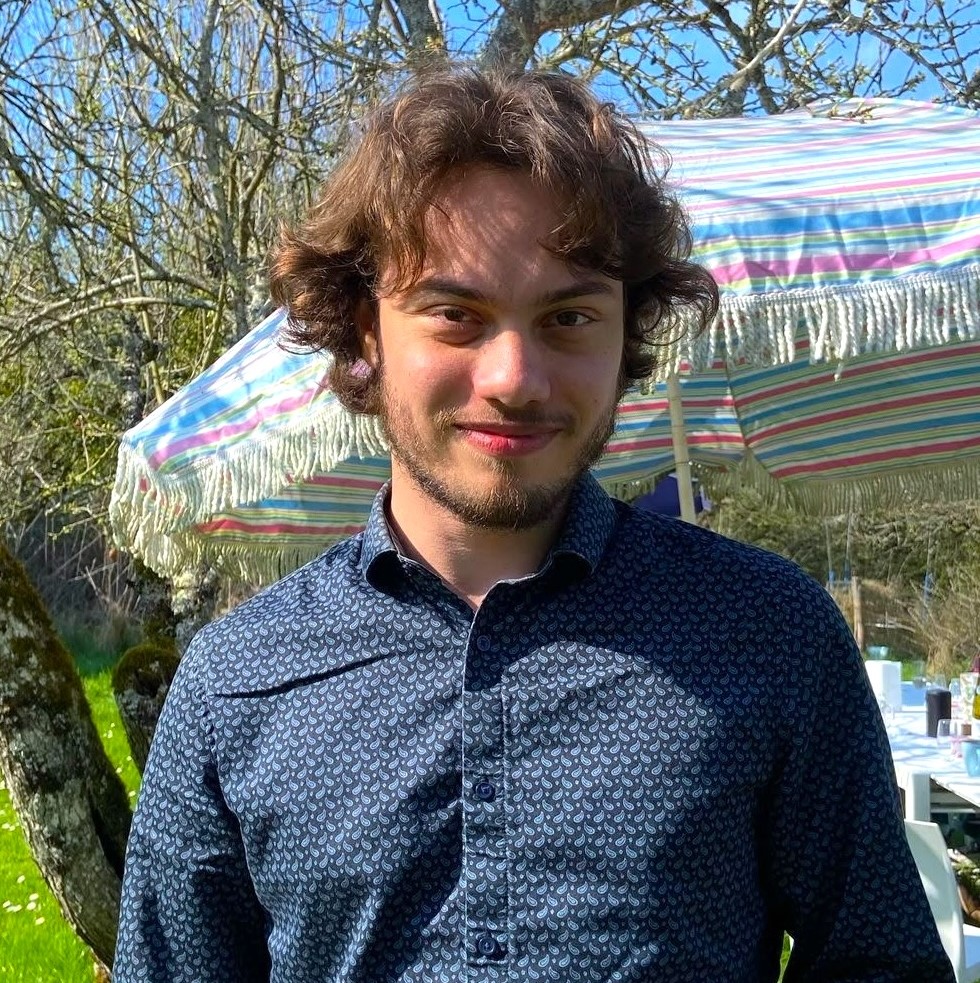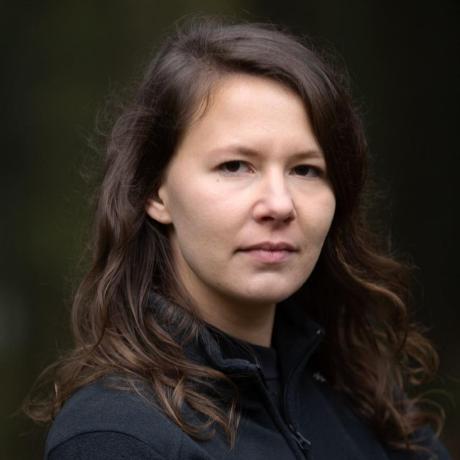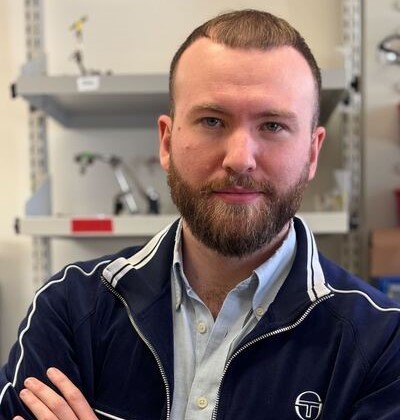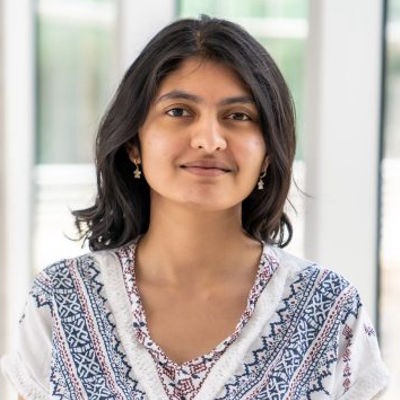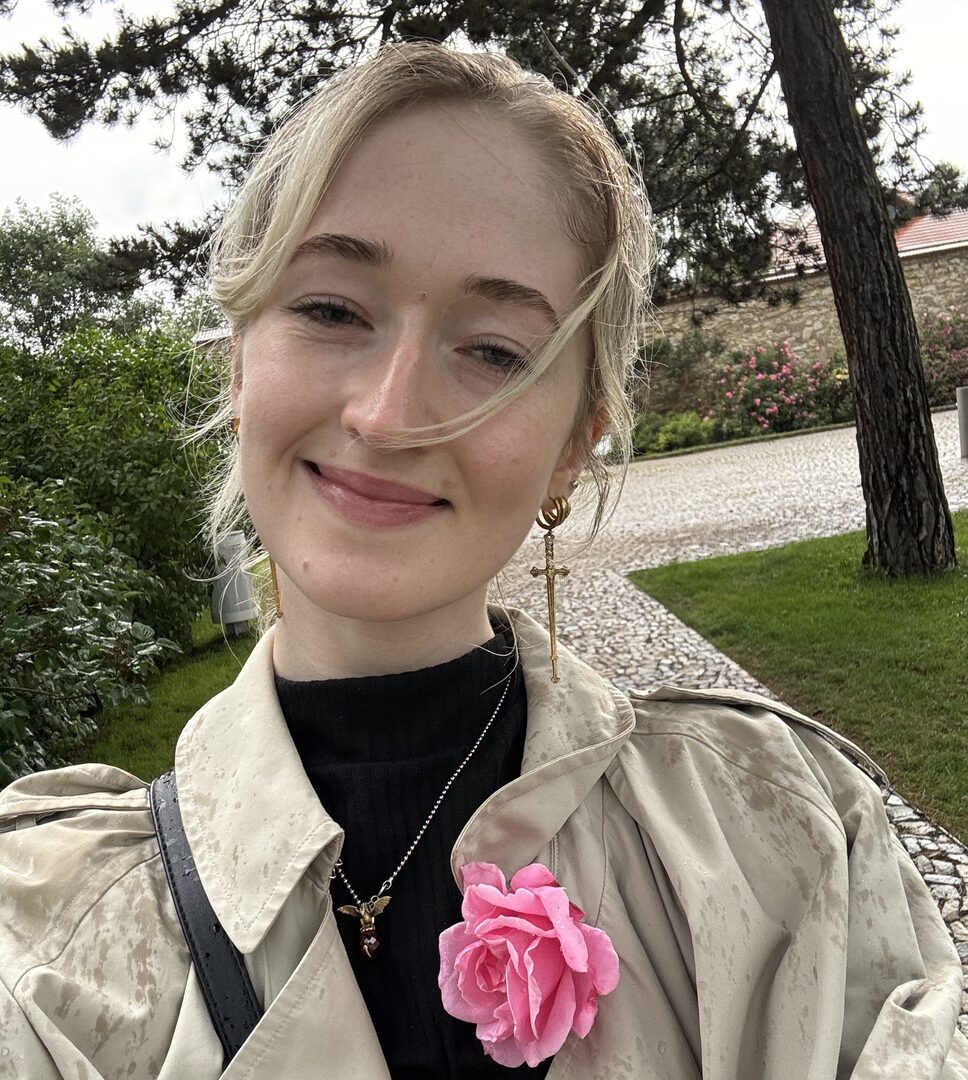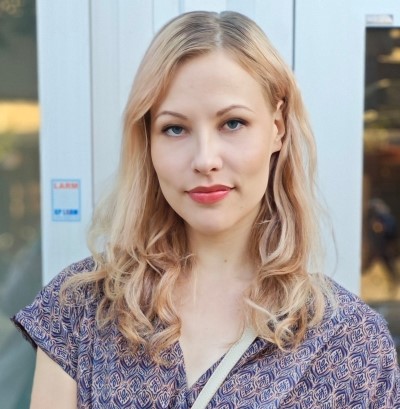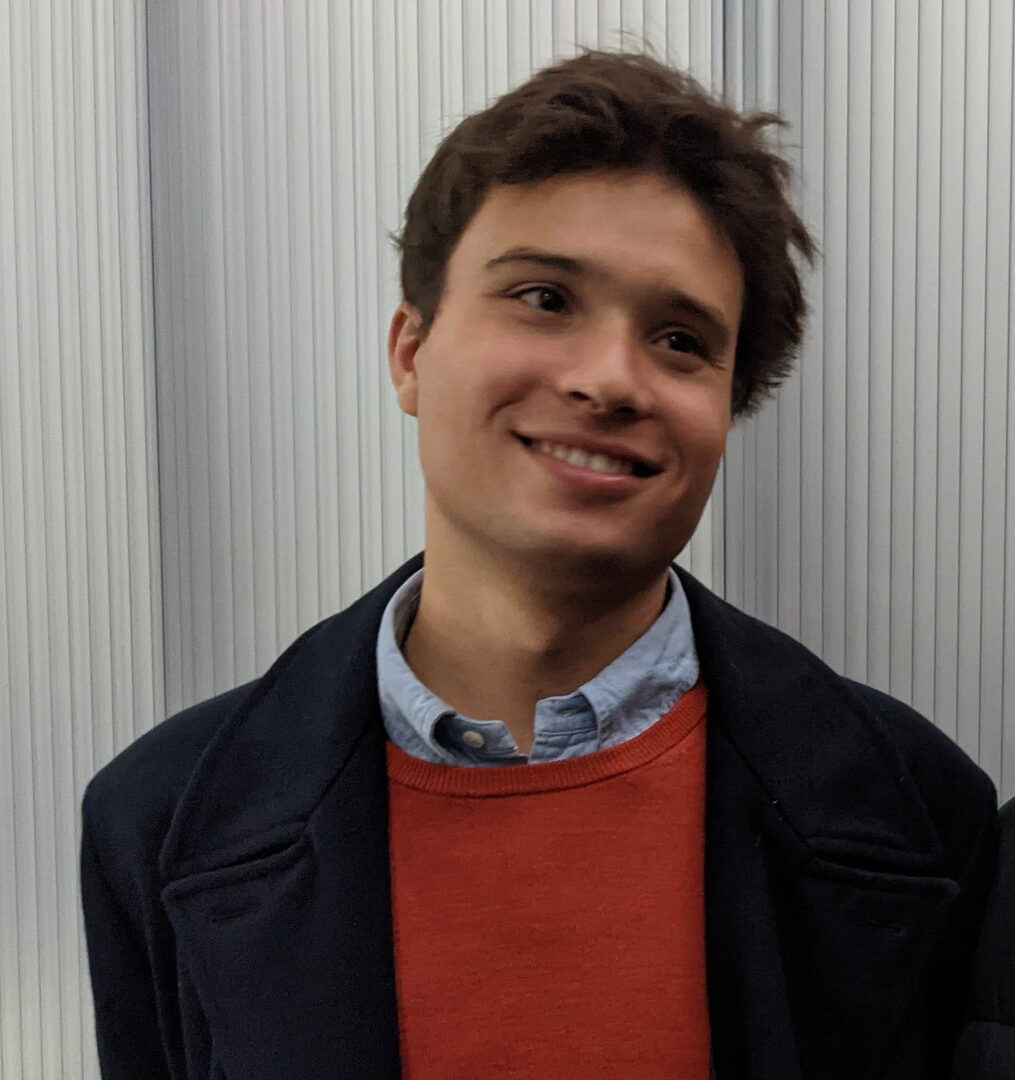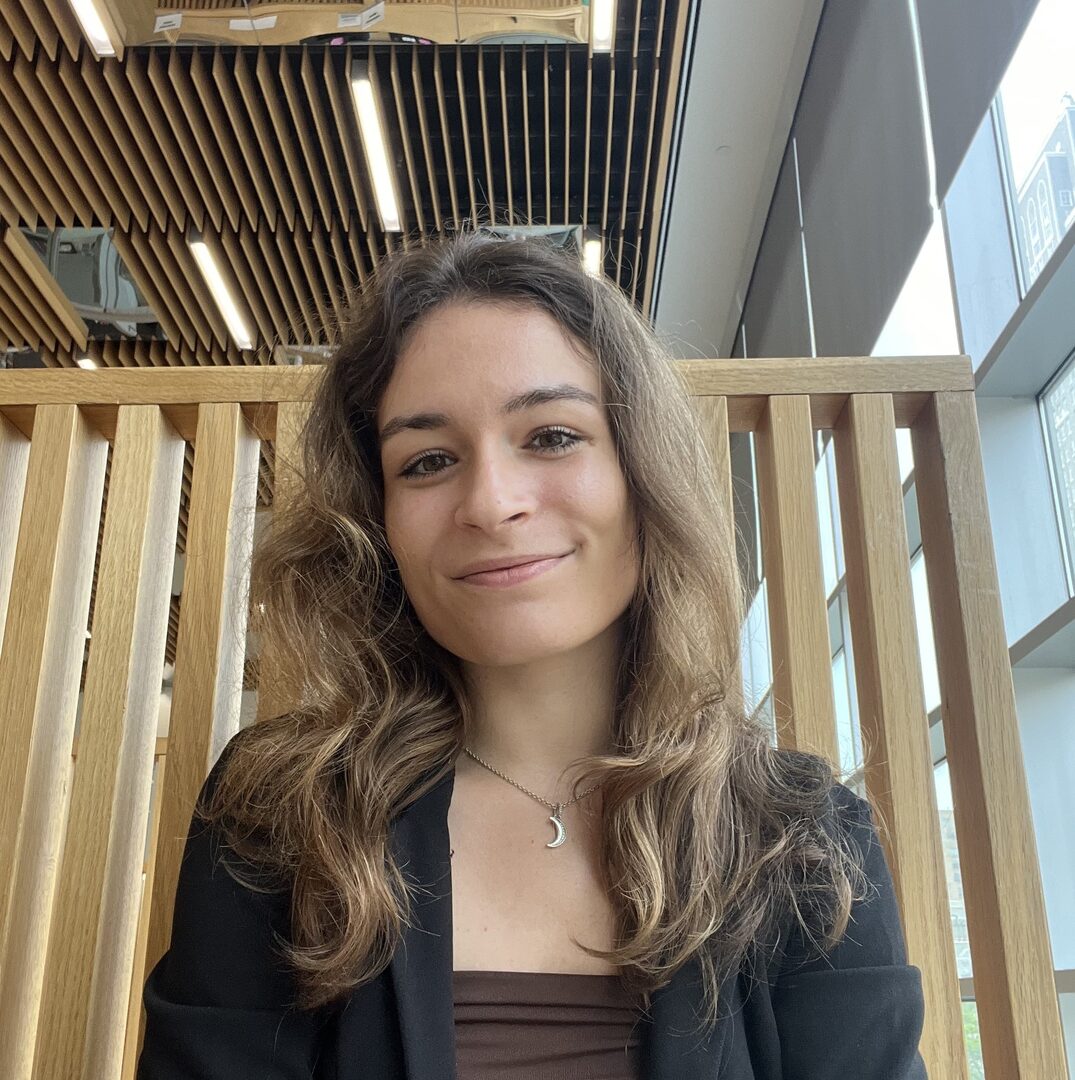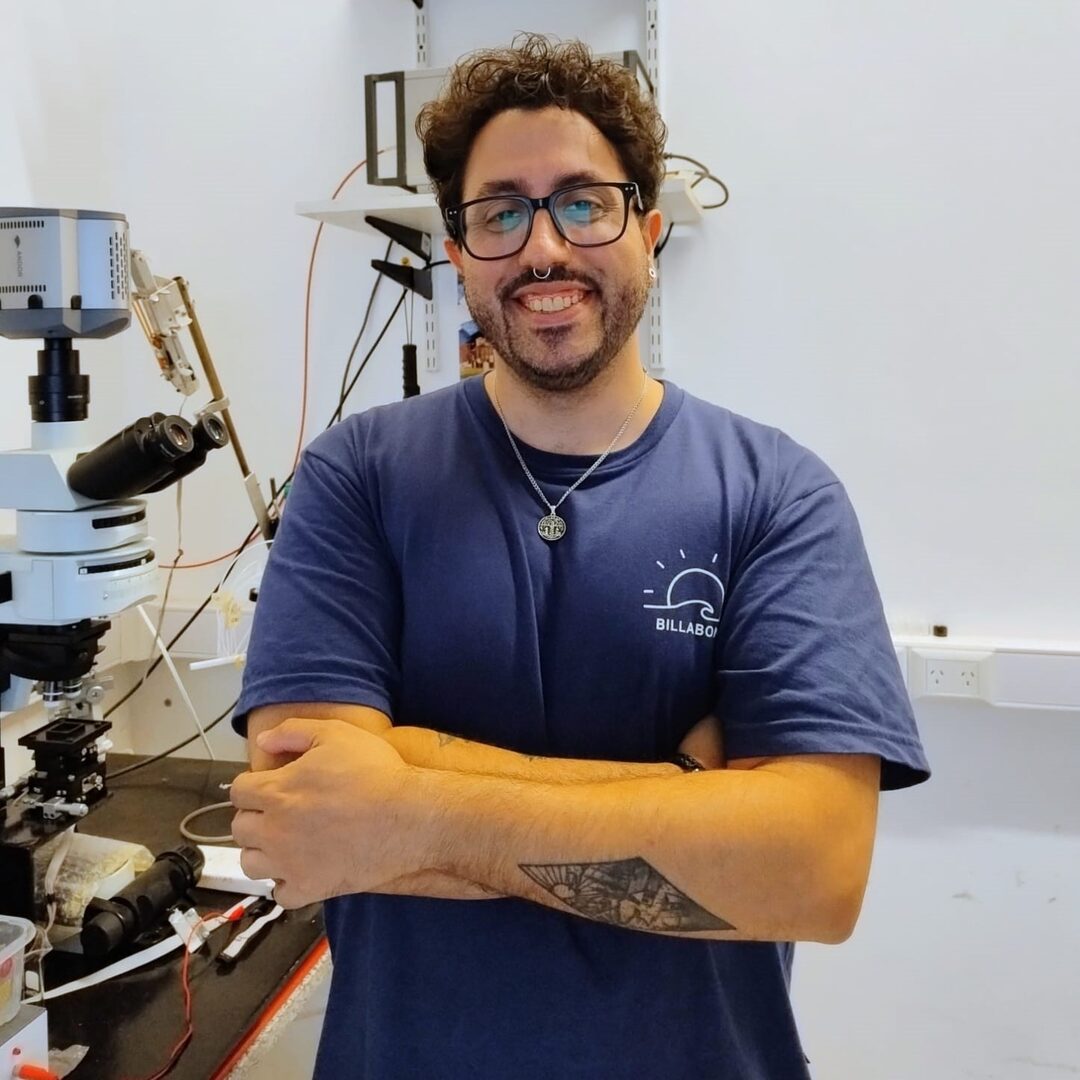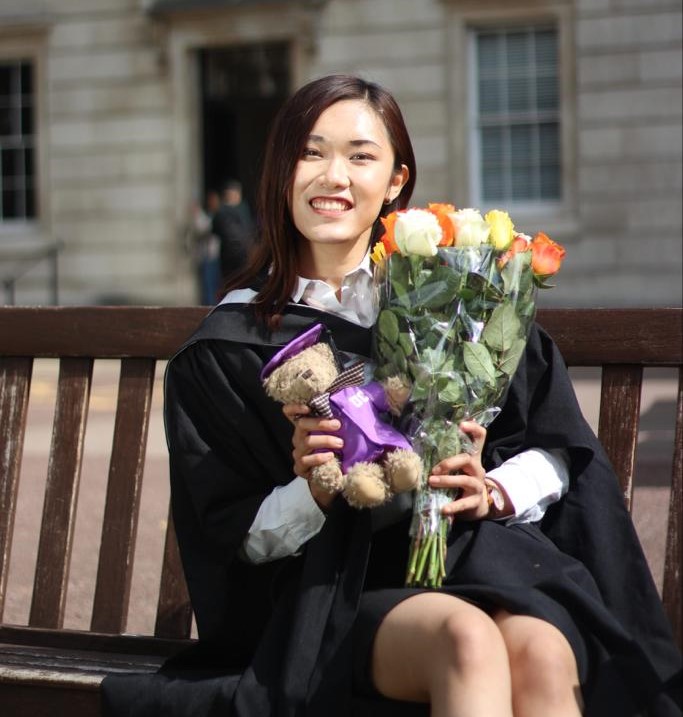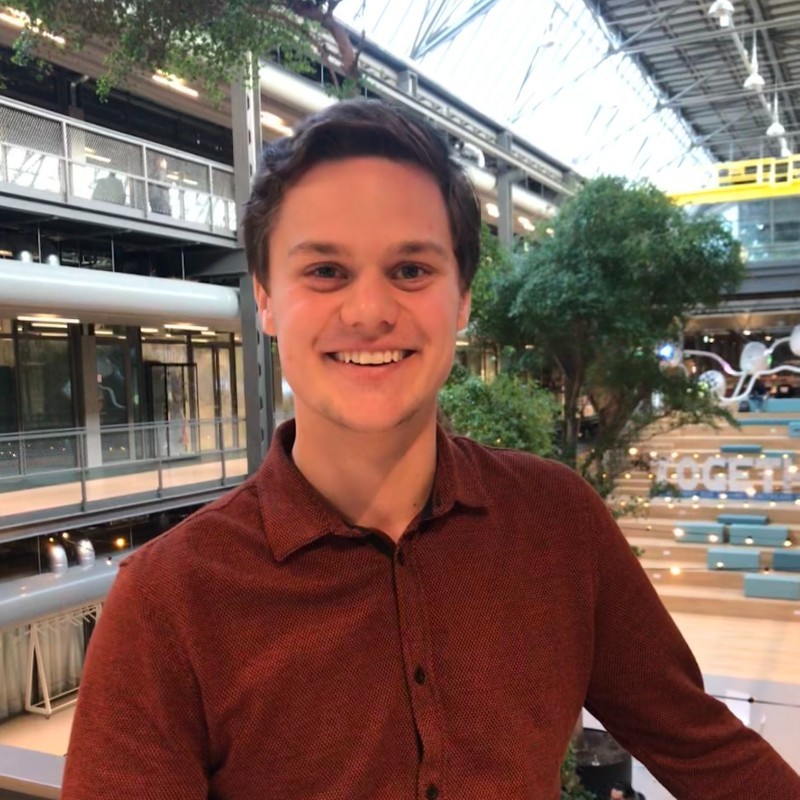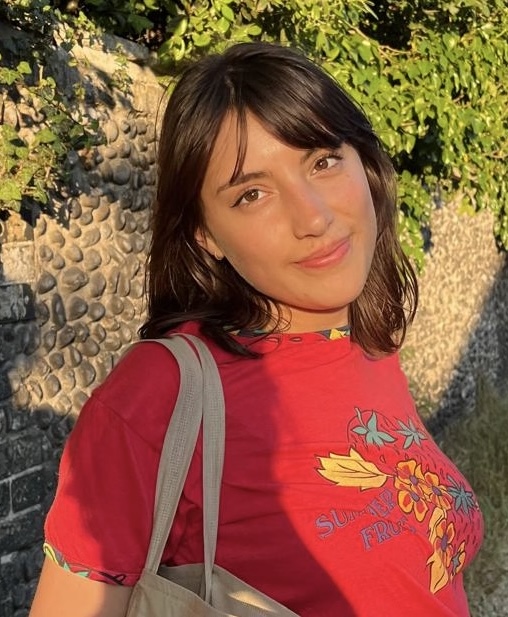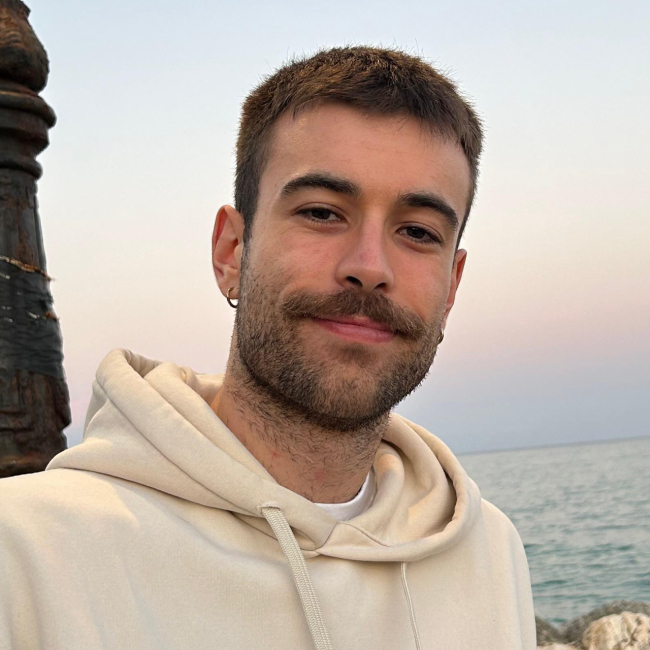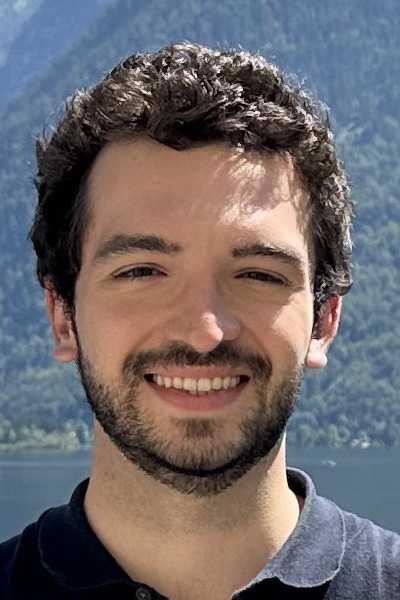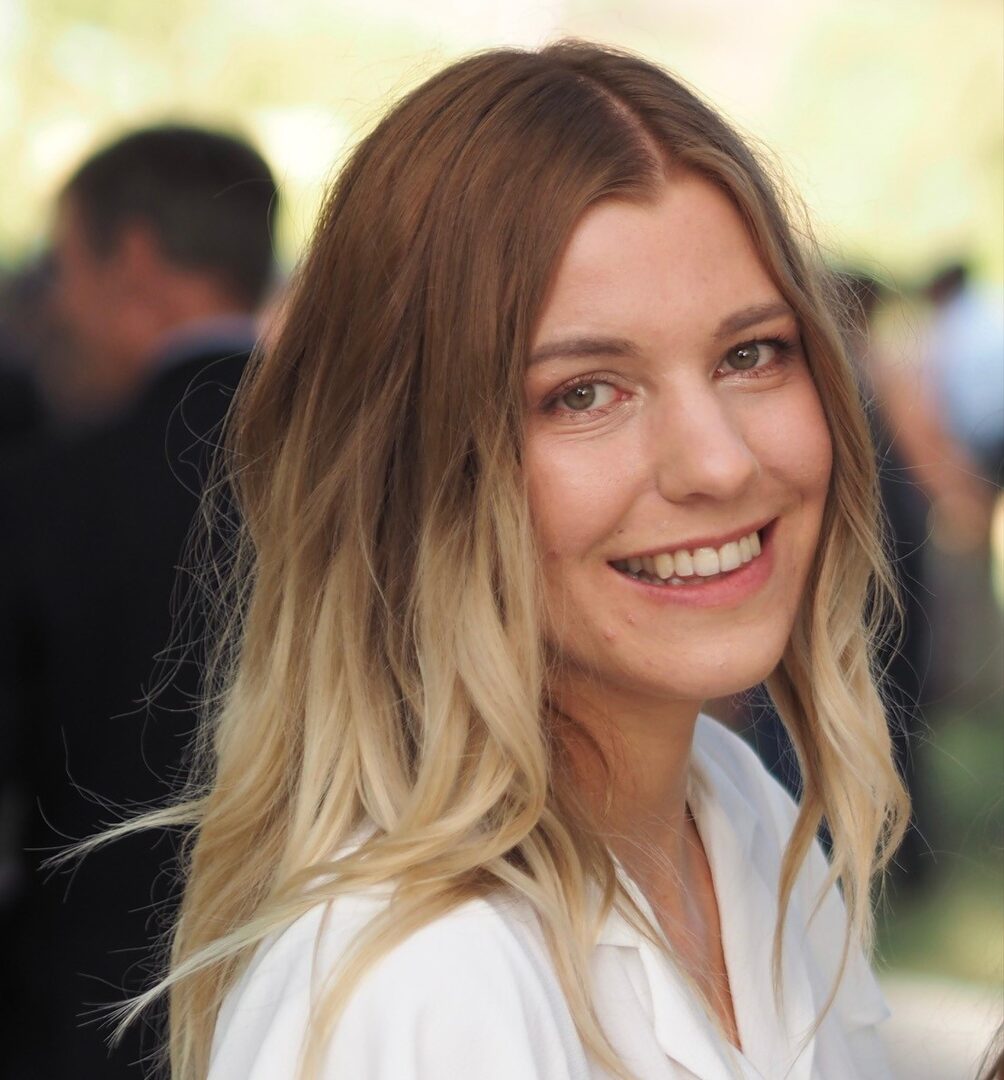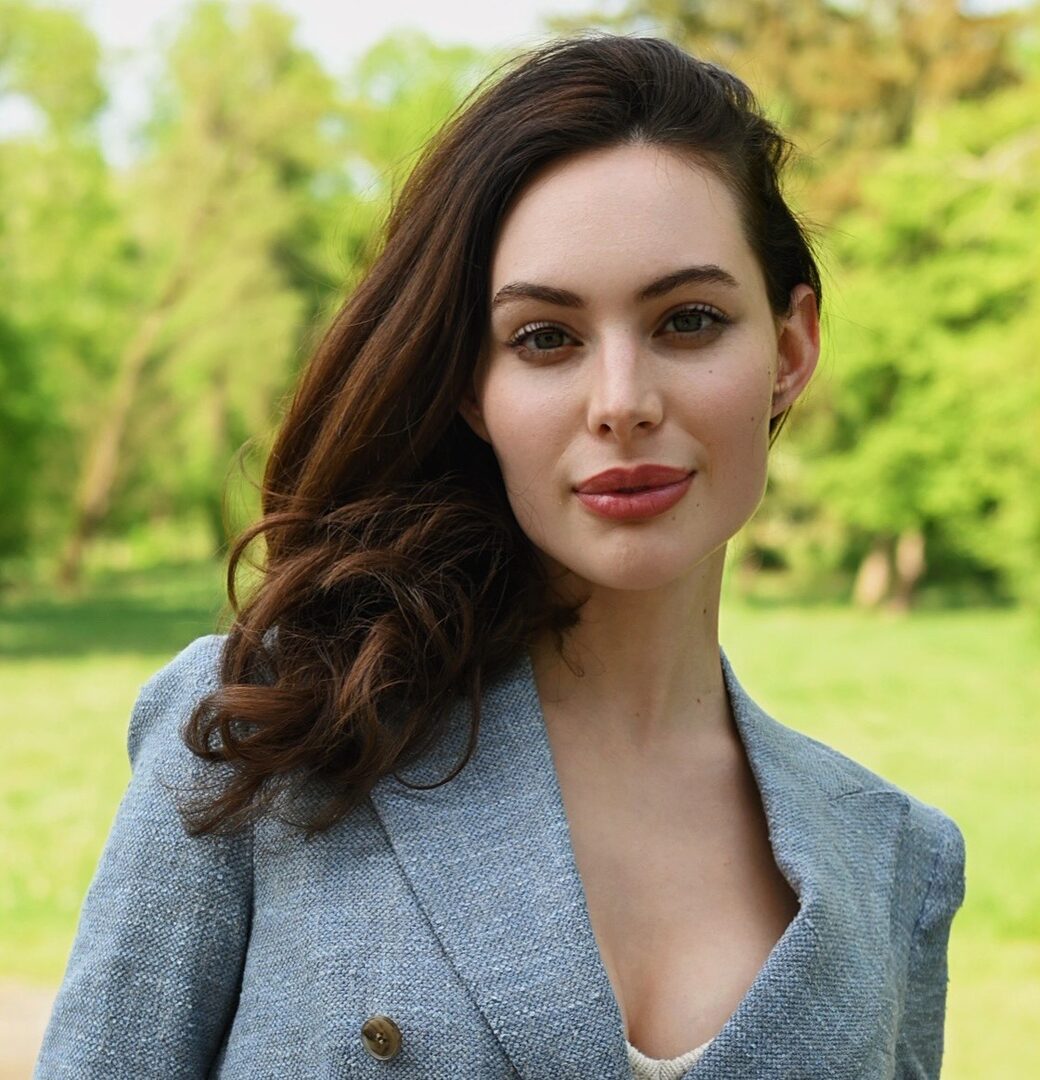Tutors and Participants
Tutors
Yinyun Li (Postdoc, OIST)
I am now doing postdoc research in Prof. De Schutter's unit and using STEPs to simulate vesicle release related project. I am generally interested in theoretical and computational neuroscience such as research topics of synaptic plasticity, learning and memory, single neuron models and dynamic systems. The more that I learned about the diverse and redundant yet delicate biological systems, the deeper I realize about the meaning of "what is life".
Daniel Müller-Komorowska (OIST)
I am a postdoctoral scholar at OIST, where I use simulation-based inference from spiking neuronal networks to study the microcircuit mechanisms of healthy memory processing and brain disorders.
Expertise Info:
Brian2, NEURON, Python, spiking neuronal network simulators, hippocampus, simulation-based inference, epilepsy
Kevin Max (Postdoc, OIST)
Welcome to OIST! I'm Kevin, a PostDoc at the Neural Computation Unit (Kenji Doya). I work in computational neuroscience, with a special interest in biologically plausible methods of learning and neuromorphic hardware.
I got my PhD at the Scuola Normale Superiore in Italy in theoretical particle physics and cosmology. After that, I went to Walter Senn's group at the University of Bern in Switzerland. The changeover from physics to neuroscience was quite a lot of work, but the benefit is that now I have an understanding of both experimental and mathematical neuroscience (and I'm doing very cool stuff).
I arrived at OIST in December of 2024 — so it's all still new for me, and I'm also tutoring at the OCNC for the first time. Around Okinawa, I like to go snorkelling, cycling and bouldering. Also, we'll definitely have to have a Karaoke night!
Expertise Info:
-Area of expertise: olfaction, vision, network modelling, microcircuits, cortex, functional models, neuromorphic hardware, machine learning, error backpropagation, high performance computing, artificial "intelligence"
-Softwares: Python
Ashley Tyrer (Postdoctoral Research Fellow, Aarhus University)
Ashley is a postdoctoral researcher in the Embodied Computation Group (ECG) at Aarhus University, Denmark. Her research focuses on the effects of noradrenaline on uncertainty, decision-making, and interoception, and how these phenomena may be compromised in neurodevelopmental disorders such as ADHD. Ashley has contributed her expertise at the Computational Psychiatry Course at ETH Zurich and the SPM for M/EEG course at UCL, tutoring students on how to conduct Dynamic Causal Modelling for evoked responses in M/EEG data. Before moving to Denmark, Ashley completed her PhD as part of the Wellcome Trust Neural Dynamics PhD Programme at the University of Bristol (United Kingdom) with Prof Rosalyn Moran, during which she applied both Dynamic Causal Modelling of EEG and fMRI data, and Active Inference modelling of human decision making.
Expertise Info:
- Technical expertise: application of Bayesian statistical methods, machine learning, and computational modelling and analysis of human neuroimaging (EEG, MEG, fMRI) and behavioural data
- Specific expertise in computational modelling frameworks: Dynamic Causal Modelling, Active Inference
- Expertise in data collection and experimental design: human neuroimaging (MEG and fMRI), pupillometry, human behavioural data
- Programming Languages: MATLAB, Python, R, Bash, Markdown
- Technical Tools: Git, SPM12 (MATLAB), Psychtoolbox (MATLAB), Pyro/Pytorch (Python), MNE (Python), Stan (R)
Tomas Barta (Postdoc, OIST)
I have been a postdoc at the Neural Coding and Brain Computation Unit (led by professor Fukai) for two years now, working on associative memory models in spiking neural networks. I want to understand the mechanisms of memory storage and memory replay.
I am excited to see a wide variety of interesting projects and Iook forward to learning more by tutoring, and also just by discussing with everyone.
Expertise Info:
Spiking neural networks, Brian, Python + scientific libraries, spiking data analysis, information theory, insect olfaction
Participants
Zoe Atherton (Post-doctoral scholar, Florida State University)
Hi everyone, I'm Zoe, an in-vivo electrophysiologist who enjoys programming and exploring large datasets. For my PhD I worked at Cardiff University, Wales and University of Szeged, Hungary, to demonstrate that the higher-order thalamus facilitates the spread of Absence Seizures. Now, I work in Florida with Dr. Carmen Varela. I research thalamic interactions during sleep and memory consolidation and how the thalamus contributes to predictive coding. In my spare time I love swimming, diving, hiking and martial arts. I look forward to learning more about comp neuro, meeting you all and exploring the island!
Kristen Barc (Ph.D Student, Paris Brain Institute)
Hello! I’m Kris, an MD-PhD student at the Paris Brain Institute. My research focuses on understanding how people decide to stop trying when faced with effortful tasks. Whether it’s middle-schoolers giving up on their homework or mice stopping to look at a cue in a perceptual decision-making task, do they quit because they believe the reward isn’t worth the effort? Or because they lack confidence in their ability to succeed?
To explore these questions, I use normative computational models to analyze when and why they choose to stop, considering both motivational and metacognitive factors. I also aim to apply these models to clinical populations, such as individuals with ADHD.
During OCNC, I hope to deepen my understanding of the neural mechanisms underlying these cognitive-level hypotheses and explore, for example, how biologically plausible neural networks might tackle similar problems.
I look forward to meeting you all in Okinawa!
Manuela Andrea Beyer (Ph.D Student, Leibniz Institute for Resilience Research Mainz)
I am a Ph.D. student in the Computational Resilience Research Group of Jun.-Prof. Dr. Janina Hesse at the Leibniz Institute for Resilience Research (LIR) in Mainz, Germany. My research focuses on understanding stress resilience mechanisms by analyzing neuroscience data and modeling brain networks. I am particularly interested in system dynamics, phase transitions, and network stability across different scales, from single neurons to large-scale brain networks. Through computational modeling and data-driven approaches, I aim to uncover the mechanisms that underlie stress resilience.
I am passionate about tackling complex problems and enjoy programming as well as working on creative projects. I also enjoy an active lifestyle through sports, gardening, and traveling, as well as exploring new ideas that help me maintain balance and stay inspired.
I am looking forward to the OCNC and meeting everyone in Okinawa!
Henry Denny (PhD Student, McGill University)
Parikshita Gya (Ph.D. Student, University of Utah)
I am a Mathematical Biology Ph.D. student at the University of Utah, working under Dr. Alla Borisyuk. My broader research interests lie in studying the behavior of excitable systems, be it cells or networks, and the mechanisms driving the onset of asynchronous or synchronous oscillatory behavior. I am particularly interested in how astrocytes (glial cells) modulate neuronal excitability and contribute to conditions like epilepsy. My work primarily involves dynamical systems and bifurcation analysis, and I’m excited to use this opportunity to strengthen my computational skills!
Outside of research, I enjoy sitting on the grass and being in nature, especially in the mountains of Utah!
Lilly von Kalckreuth (Ph.D student, BCCN Berlin)
Hi all, I'm a PhD student in the lab of Torben Ott at the Bernstein-Center for Computational Neuroscience in Berlin. Here I study the function of neural circuits in prefrontal cortex during complex decision-making behavior in rats and how serotonin modulates the neural dynamics underlying this behavior. My background is in experimental biology, but since my PhD I started to use and highly appreciate computational methods, which is why I'm excited to learn more about them in the course.
In my free time I like to read fantasy books, play video games and spend time in nature.
Looking forward to meet everyone! :)
Laura Keto (PhD student, Tampere University)
Filippo Kiessler (Ph.D Student, TU Munich)
I am a Ph.D. student in Prof. Julijana Gjorgjieva's group at the Technical University of Munich, with a background in Physics. During my physics education I focused on machine learning in quantum information processing and biological physics. I work on the stability of hippocampal representations, particularly on the roles of synaptic plasticity and inhibition. I am also interested in how spatial representations in the hippocampus may arise as an emergent property of sequence learning, and in reinforcement learning. Currently, I model how ischemic stroke affects the stability of place cells in CA1. In my spare time, I enjoy sports, reading, and creating art.
Daria Kussovska (Ph.D Student, Columbia University)
Hi everyone! I’m Daria, originally from Bulgaria. I completed my Bachelor's in Neuroscience at King's College London, and I’m currently pursuing a PhD in Computational Neuroscience at Columbia University in New York. In my free time, I have a passion for high-adrenaline sports like skydiving, skiing, and hiking. I’m excited to meet all of you and spend three incredible weeks in Okinawa!
Agustin Eleazar Lara (Ph.D Student, IFIByNE institute)
I am Agustin; I am a PhD student at the Institute for Physiology, Molecular Biology, and Neurosciences (IFIByNE). I work in the Laboratory for Sensory Plasticity at the School of Natural Sciences (University of Buenos Aires), lead by Fernando Locatelli. My research aims to understand whether aversive and appetitive olfactory information is segregated or transmitted in parallel through two neuronal tracts in the honey bee brain. I use techniques such as calcium imaging and various behavioral assays to explore how olfactory information processing relates to behavioral output.
I look forward to meeting everyone in Okinawa!
Hei Wing(Isabel) Lau (DPhil Student, University of Oxford)
How are psychoactive drugs manifested in the brain? How can we explain their mechanisms? These are some questions (hopefully) that I can (partially) answer in my doctoral studies.
I am pursuing my DPhil in Interdisciplinary Bioscience at Trinity College, University of Oxford, focussing on the computational cognitive neuroscience of neuropsychiatric medications. More broadly, I am interested in how these medications target specific cognitive functions across diverse populations. I am a Jardine Scholar, co-funded by Jardine Matheson and the BBSRC. Previously, I earned an MSc in Cognitive Neuroscience from UCL and a Bachelor's in Social Sciences (Psychology & Sociology) from HKU.
Stefan Lip (Ph.D Student, Erasmus Medical Centre)
Hi everyone! I'm a PhD. student in the Neurocomputing lab at the Erasmus Medical Center in Rotterdam, with dr. Mario Negrello. The basis of my project is constructing an in silico equivalent of an in vitro model of developing networks of cultured hippocampal neurons. Using information from different scale experimental modalities, we aim to understand the roles of synaptic plasticity, intrinsic and network homeostasis, and stochasticity, on network development, learning and memory. I aim to use dynamical systems theory to understand the brain dynamics involved in these processes on neuron, network and system scales.
During the OCNC, I hope to learn and discuss new approaches to integrating experimental and computational neuroscience. I'm looking forward to meeting the other participants and discovering the science, nature and culture of Okinawa!
Miranda Moore (PhD Student, Vrije Universiteit Amsterdam)
Cognition emerges from the interplay between single-neuron activity and large-scale brain networks. My research examines how core network characteristics (E/I balance, criticality) and single-neuron signaling properties combine to shape human intelligence. I work in Huib Mansvelder's Integrative Neurophysiology Lab at VU Amsterdam, where we have the rare opportunity to study human neurophysiology directly through electrophysiological experiments in acute human cortical tissue. My aim with the OCNC course is to integrate computational modeling with these experimental approaches to bridge the gap between cellular mechanisms and network-level dynamics in cognition.
India Pinhorn (Ph.D Student, University College London)
I am a PhD student at University College London, supervised by Prof. Tali Sharot. How does the brain organises representations of complex rewards, such as reading a novel, solving a crossword puzzle or admiring a painting? What is the adaptive function of these 'intrinsic' or 'cognitive' rewards? In my research, I try to answer these questions using computational modelling of behavioural, developmental and fMRI data.
I am really looking forward to meeting you all!
Jon Recalde (Ph.D Student, RUB)
I am a PhD student at Ruhr Universität Bochum, interested in understanding how episodic memories are stored and retrieved. To investigate this, I use reinforcement learning to train simulated agents that rely on memory-augmented neural networks for solving spatial navigation tasks.
I look forward to discussing neuroscience and learning from everyone!!
Eryn Sale (Ph.D Student, UT Southwestern Medical Center)
I am currently a PhD student in Wenhao Zhang’s lab at UT Southwestern Medical Center. My primary interest is in spatial navigation, sparked by observing how in the absence of visual cues, my blind cat (almost) perfectly navigates her environment. Currently, my research focuses on theory-driven computational neuroscience to determine how canonical neural circuits with diverse inhibitory cell types can implement Bayesian inference for sensory information processing. Broadly though, I am curious if these types of computations are conserved in other species, divergent from mammals.
Ahmet Kerem Sarıkaya (Ph.D Student, Champalimaud Foundation)
Hello! I’m a PhD student in the Petreanu Lab at the Champalimaud Foundation, where I study how experience and task demands shape communication between cortical areas. Using two-photon calcium imaging in awake mice, I record from frontal and sensory regions to uncover how their interactions evolve during learning. I’m excited to participate in the OCNC2025 to deepen my understanding of computational approaches and explore new ways to analyze large-scale neural data. I’m looking forward to engaging discussions, collaborations, and enjoying Okinawa with everyone!
Lucy Turner (PhD Candidate, Adelaide University)
Hi everyone, my name is Lucy and I am a PhD candidate from South Australia. My PhD thesis looks at how visual noise impacts eye and hand tracking in humans. My Honours work looked at visual neurons across the dragonfly visual pathway. I am interested in how visual information is used to inform movement and update internal models. In my spare time I love rock climbing and anything to do with outer space. I look forward to meeting you all!
Yunlong Xu (Phd Student, University of Chicago)
I am Draco (Yunlong) Xu, a second-year PhD student in the Computational Neuroscience program at the University of Chicago, advised by Professor Brent Doiron. My research interests focus on modeling brain functions through neural networks, dynamical systems theory, and machine learning, as well as applying data science to explore the dynamics and variability of neural circuits involved in perception and cognition. Currently, I am investigating circuit mechanisms underlying neural representations—how they are manipulated and adapted to support flexible behavior.
I grew up in Shanghai and have also lived in Rochester (NY), the Bay Area (CA), and now Chicago. Outside of my academic pursuits, I enjoy traveling, reading, discovering diverse cuisines, playing basketball, and immersing myself in theatre—both as an audience member and a performer. Before turning to neuroscience, I studied journalism and philosophy. I was drawn to neuroscience because it provides a tangible avenue to uncover the fundamental principles that govern human thought and consciousness. By bridging the gap between abstract philosophical inquiry and empirical research, neuroscience transforms theoretical questions into experimentally addressable ones, ultimately reshaping our understanding of knowledge, existence, and self-awareness.
Wiktoria Zielińska (Ph.D Student, Nencki Institute of Experimental Biology)
Hi! I’m Wiktoria, a neuroscientist at the Nencki Institute of Experimental Biology, where I’m pursuing a PhD in neurobiology under the supervision of Prof. Adam Hamed. My current work integrates behavioral neuroscience with data-driven approaches to investigate the neurobiological mechanisms of addiction and memory reconsolidation. I use psychedelics as a tool to study how the emotional and motivational components of addiction can be modulated, with a strong focus on translational research. My goal is to explore the potential of these substances across various contexts, both neurochemical and phenomenological.
I’m particularly interested in sex differences in brain function and make them a priority in all my experimental designs. My work also involves phenotyping to enhance the predictive power of animal models. I am interested in mathematical modeling approaches, particularly transfer entropy for analyzing learning dynamics, as well as computational models of affect contagion and emotional state transitions.
Outside of research, I have developed a deep passion for martial arts and a fascination with art. Both challenge me in different ways—one through discipline and movement, the other through creativity and expression. I’m really looking forward to this course, meeting all of you, and learning from different perspectives.
OIST Participant
Terezie Sedlinska (PhD student, OIST)
I am a physician and third-year PhD student at the Okinawa Institute of Science and Technology, working in Kenji Doya’s Neural Computation research unit.
My journey into neuroscientific research began during my psychiatry residency, where I became fascinated by the profound gaps in our mechanistic understanding of neuropsychiatric disorders. I have gained experience in human reinforcement-learning and game-theoretical behavioral modeling through work with Peter Dayan at the Max-Planck Institute for Biological Cybernetics, with Gabor Csifcsak and Matthias Mittner at the University of Tromsø, Boris Quednow at the University of Zurich, and most recently, in a collaboration with Quentin Huys at University College London.
For my PhD, I am investigating the mechanisms of chronic antidepressant medication using a reverse-translational approach. My work combines model-based and data-driven behavioral analysis in a mouse model.





